Introduction
In 2016, I wrapped up the year by reimagining my 10 favorite albums of the year as vintage postage stamps. You can see that list and all of those stamps here. This started because every year I would get jealous when Richard Perez and Eric R. Mortensen’s 10x series would start to roll out and I’d wish I was a part of it. I had so much fun last year with the stamps that I wanted to keep the ball rolling, only this time I’ve reimagined every album as a match box/book.
Below I want to explore a little bit about what makes each album so special, and hopefully in the process make you think differently about each album or your own favorite albums.
Table of Contents
- Pure Comedy - Father John Misty
- Still Striving - A$AP Ferg
- Mattiel - Mattiel
- Flower Boy - Tyler The Creator
- The Order of Time - Valerie June
- Daymares - WebsterX
- I Will Rise - Benjamin Tod
- Face Your Fear - Curtis Harding
- & I’m Fine Today - Susto
- DAMN. - Kendrick Lamar
- Honorable Mention
- Footnotes
Full Playlist
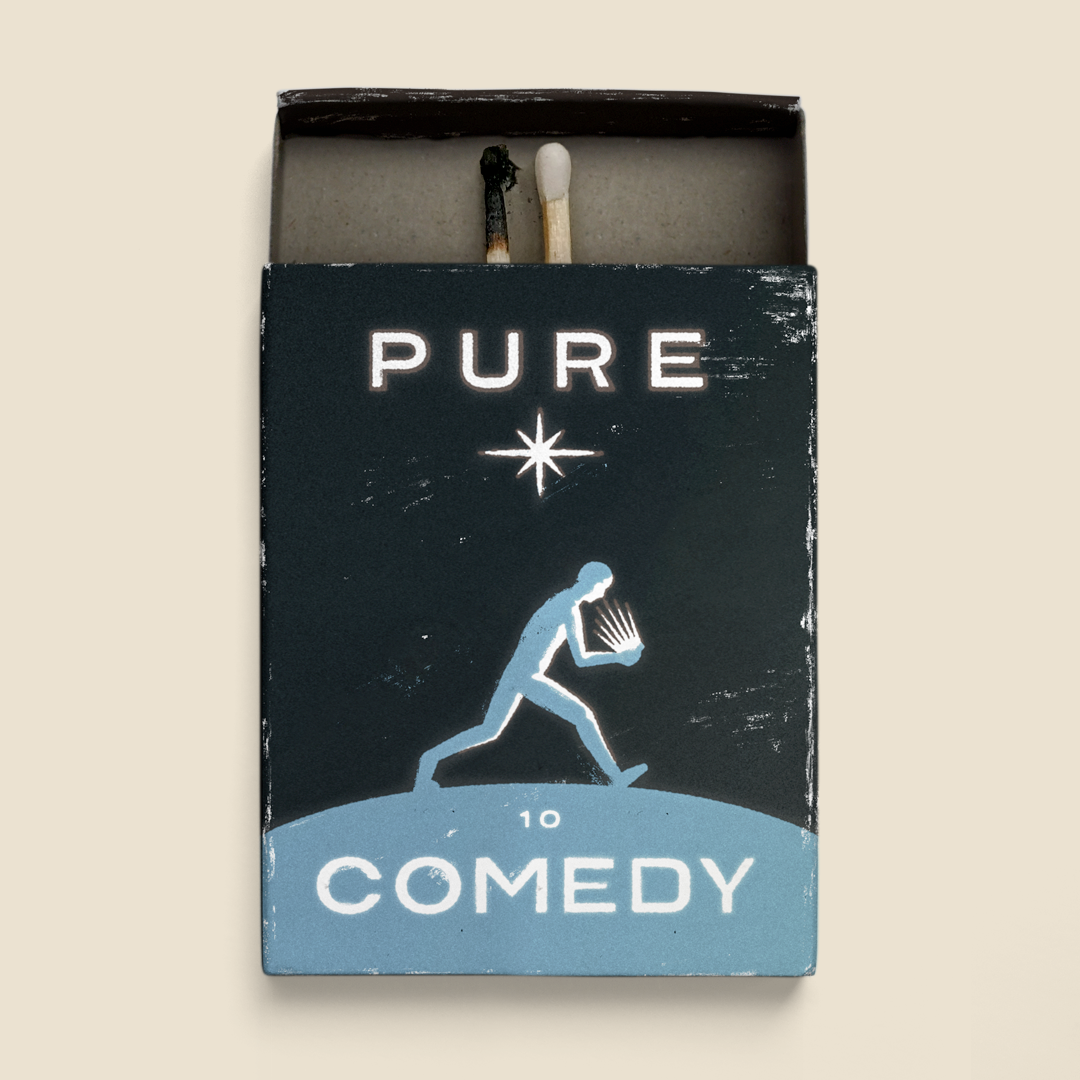
10. Pure Comedy by Father John Misty
To kick things off, we’ve got Father John Misty’s “Pure Comedy.” I’ll be honest in admitting though, not ranking this album higher is my only regret from this year’s list. Josh Tillman had said that this album is a reflection of how he has felt his whole life, and that he’s been “refining these ideas for a long time.” [1]
This certainly shows through in “Leaving LA” which is a 13 minute track with 10 verses that he wrote over the course of several years. We follow a narrative through the duration of the song which becomes entirely introspective by the end. In the 9th verse, Josh describes his first memory of music through the story of chocking on a watermelon candy in JCPenny’s as Fleetwood Mac’s “Little Lies” plays in the background. In an interview, Josh states:
“This is where it all comes from—wanting love, getting it in this traumatic moment and feeling like, ‘If this song is playing at this moment, then life is a joke.’ My wanting love from her affects everything about me: the stupid way that I ramble, the stupid five-dollar words that I use, the stupid humour. All of it. The main criticism people have of me is, ‘Why are you trying so hard? This guy’s exhausting.’ Yeah, I am! That’s my way of trying to get love.” [2]
Pure Comedy as a whole is extremely interesting because of how it highlights the human condition. The entire album feels extremely current, which I love for it declares it’s place in time, but still manages to take on a philosophical undertone that extends far beyond where we are right now. Instead, it’s as though this album is Josh’s own internal interrogation and by listening in on the conversation, we’re forced to ask the same questions of ourselves.
Let’s not forget the 1,850 word essay Josh also released with the record. I’ll just let you read it. Bears, man. [3]

09. Still Striving by A$AP Ferg
Darold D. Brown Ferguson, Jr. goes most commonly by A$AP Ferg, but also boasts the nicknames of Trap Lord and Hood Pope. The last two nicknames play an interesting part in Ferg’s album “Still Striving.” There’s a particular duality or juxtaposition in each of these names. They combine both religious references and Ferg’s ties to the street. In both cases, depending on your perspective, you can view the titles as one of authority within the streets or you can view them as one who has risen from the streets. This juxtaposition is highlighted in the first track of “Still Striving” titled “Trap and a Dream” where Ferg reflects on his drug dealing past while looking toward the future and aspiring to be something more. Ferg’s senseless ambition is projected throughout the entire album, and is in a sense very autobiographical. Every track on this album hits hard, but what makes that so impressive is how he still manages to tell his story.

08. Mattiel by Mattiel
Mattiel is not only a badass designer but also an incredible musician. [4] This is Mattiel’s debut album so I had no idea what to expect going into it, but needless to say, it fucking rocks. Mattiel is young and despite this being her first project, there’s already a sense of maturity to this album without jeopardizing its grit. Huffington Post did a write up on Mattiel’s “Whites Of Their Eyes” music video and included:
“Mattiel was born an only child in Georgia and grew up working on her mother’s farm. This rural, isolated space gave her room to grow and experiment with a wide range of interests. As an adolescent, she found refuge in her mother’s limited record collection, which included several albums by 60’s psyche-pop troubadours Donovan, Peter Paul and Mary, and the commercial yet experimental pop of The Monkees. More recent influences are Screamin’ Jay Hawkins, Andre 3000, Marc Bolan, Sister Rosetta Tharpe, The Staple Singers and Jack White.” [5]
Considering how rad this album already is, I’m super excited to see how Mattiel continues to develop, refine, and find her voice.
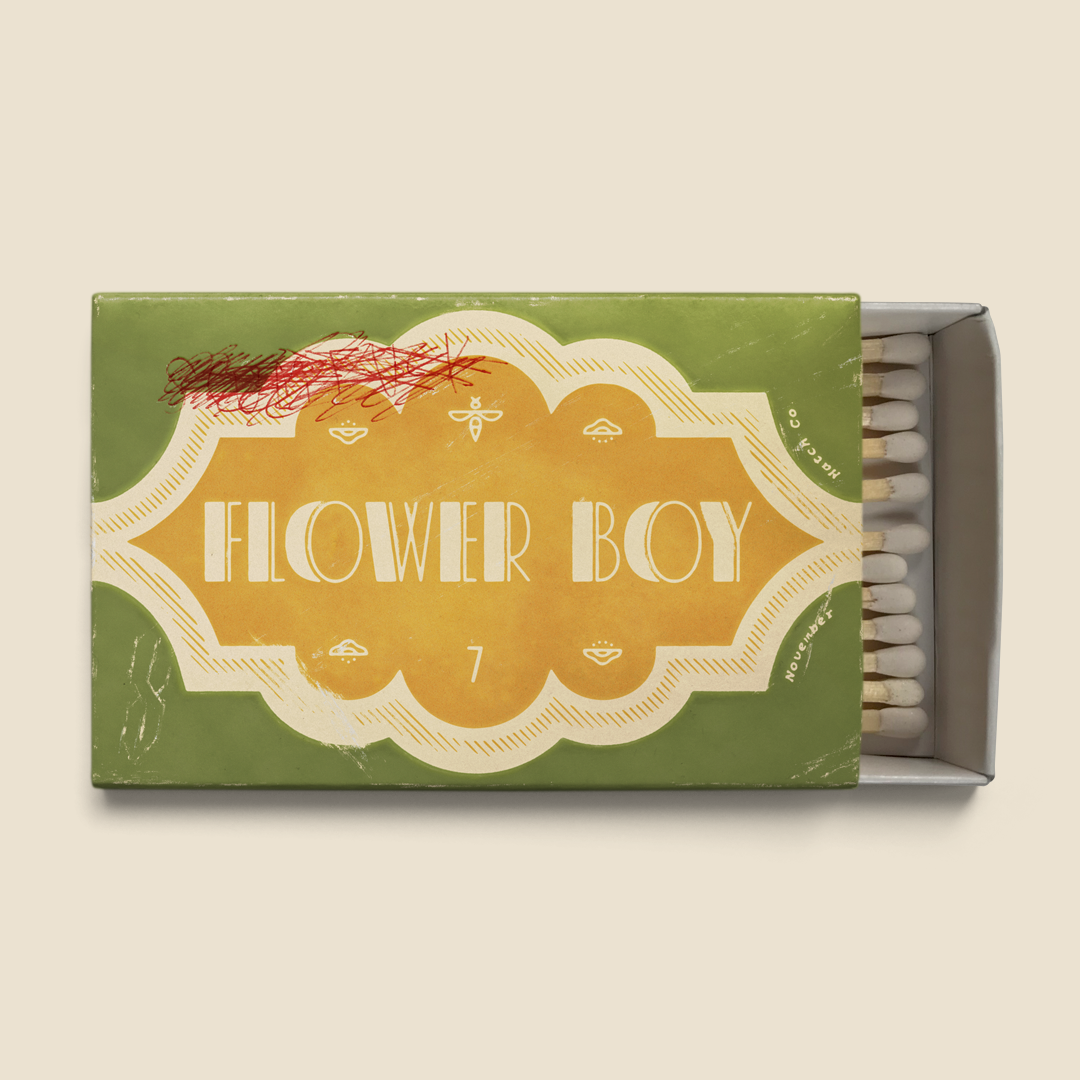
07. Flower Boy by Tyler The Creator
Tyler the Creator was recently on NPR’s Tiny Desk series and after finishing his set the crowd began to clap but Tyler still had more to say. He began hollering at the crowd to settle them down so he could share a few words, and once the clapping faded someone from the side asked “What’s on your mind?” Tyler responded with “I respect you because not a lot of people say that to people. Sometimes you just gotta say ‘Hey, what’s on your mind?’ Just talk to people. Some people don’t take the time out to ask people what’s on their mind.”
I felt like this whole situation perfectly mirrored Tyler’s new album and his experiences. We’re often too quick to jump the gun—whether that be with our assumptions, opinions, or attention—when there is still more to be said and expressed. The vulnerability in Flower Boy really resonates with me, and Tyler’s lyrical cadence is unmatched.
While the album is largely listed as ”Flower Boy” it also goes by ”Scum Fuck Flower Boy.” There’s a seemingly harsh contrast between the two words—”Scum Fuck” and ”Flower Boy”—yet they can both be taken or observed as derogative terms. There’s an intentional confusion which comes from this pairing. It poses the question of, is it worse to be a scum fuck or a flower boy? Alternatively it asks, which is better? Throughout this album, Tyler brings us into his world to lets us in own his internal struggles with his sexuality, mental health, and career.
There’s a particular poetic quality to Tyler’s music that is too often overlooked, as with the complexity of his songs which appear so effortless and simple. Tyler is truly our modern day Basquiat.
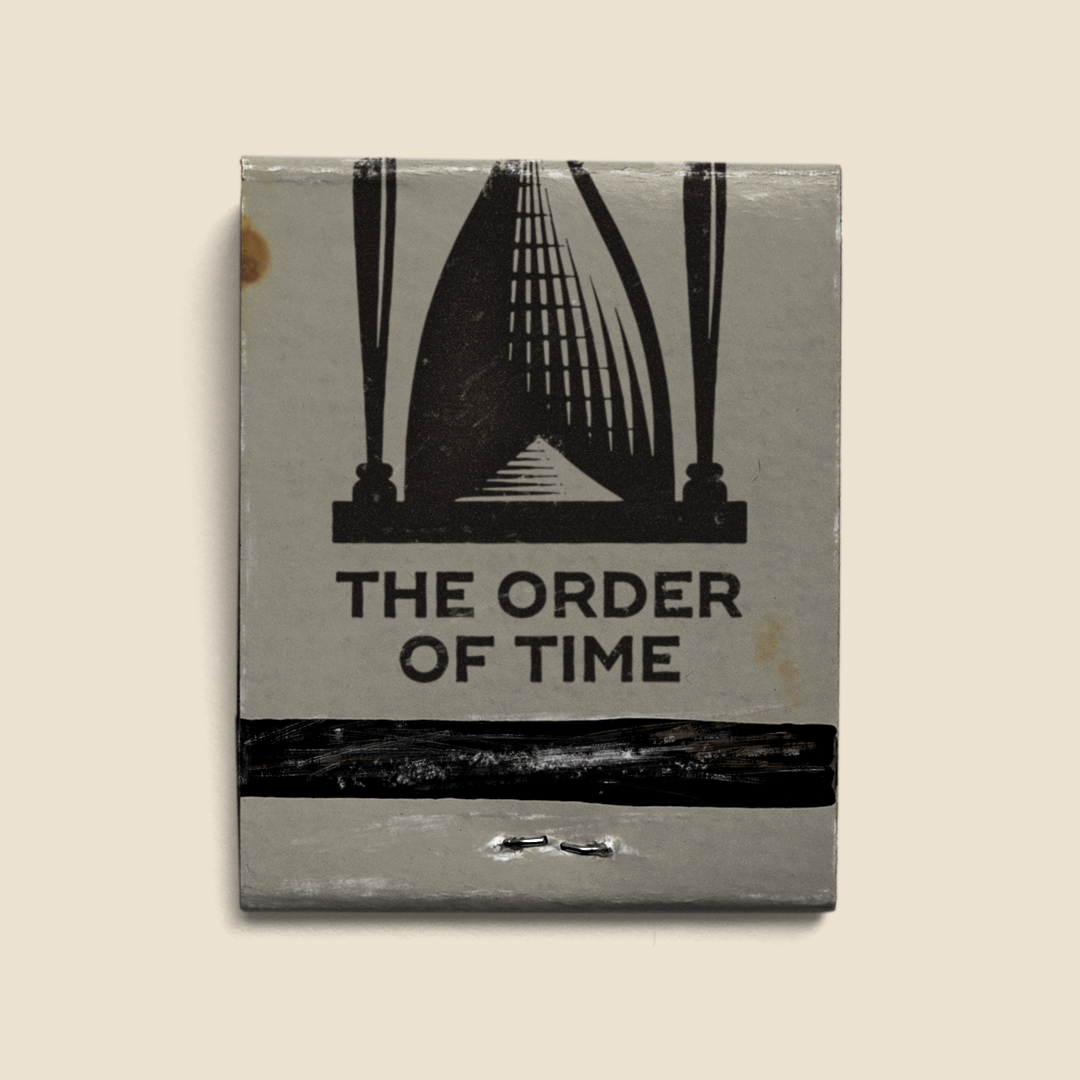
06. The Order of Time by Valerie June
This album is waking up early on a Saturday morning just in time to catch the sunrise. This album is a light breeze on a warm summer day. This album is an old bicycle which still holds its own. This album is having brunch not alone but in the company of your own soul. This album is a palm tree wrapped in Christmas lights. This album is an old hardwood floor. This album is a front porch in the south with a rocking chair molded specifically for you. This album is riding a tandem bicycle with your childhood best friend. There’s something special about this album, and I find that I’m only able to articulate it abstractly. Keep on dancing on the astral plane, Valerie.

05. Daymares by WebsterX
This is an extremely real album by Milwaukee based artist WebsterX. Confronting or even acknowledging our inner demons is an extremely daunting task, let alone making an album which exposes them. It’s strangely refreshing hearing lines such as: “You know what the worst part of waking up is? / Delirious fogs, heart beating anxious. / You know what the scariest feeling might be? / Remembering that shit wasn’t always like this.” While perceivably dark, Sam continues to let us know that the fight isn’t over. It seems as though each song, whether intentional or not, features a chorus that can double as a mantra. If you find yourself going through a time of darkness, this album can help you navigate your emotions.
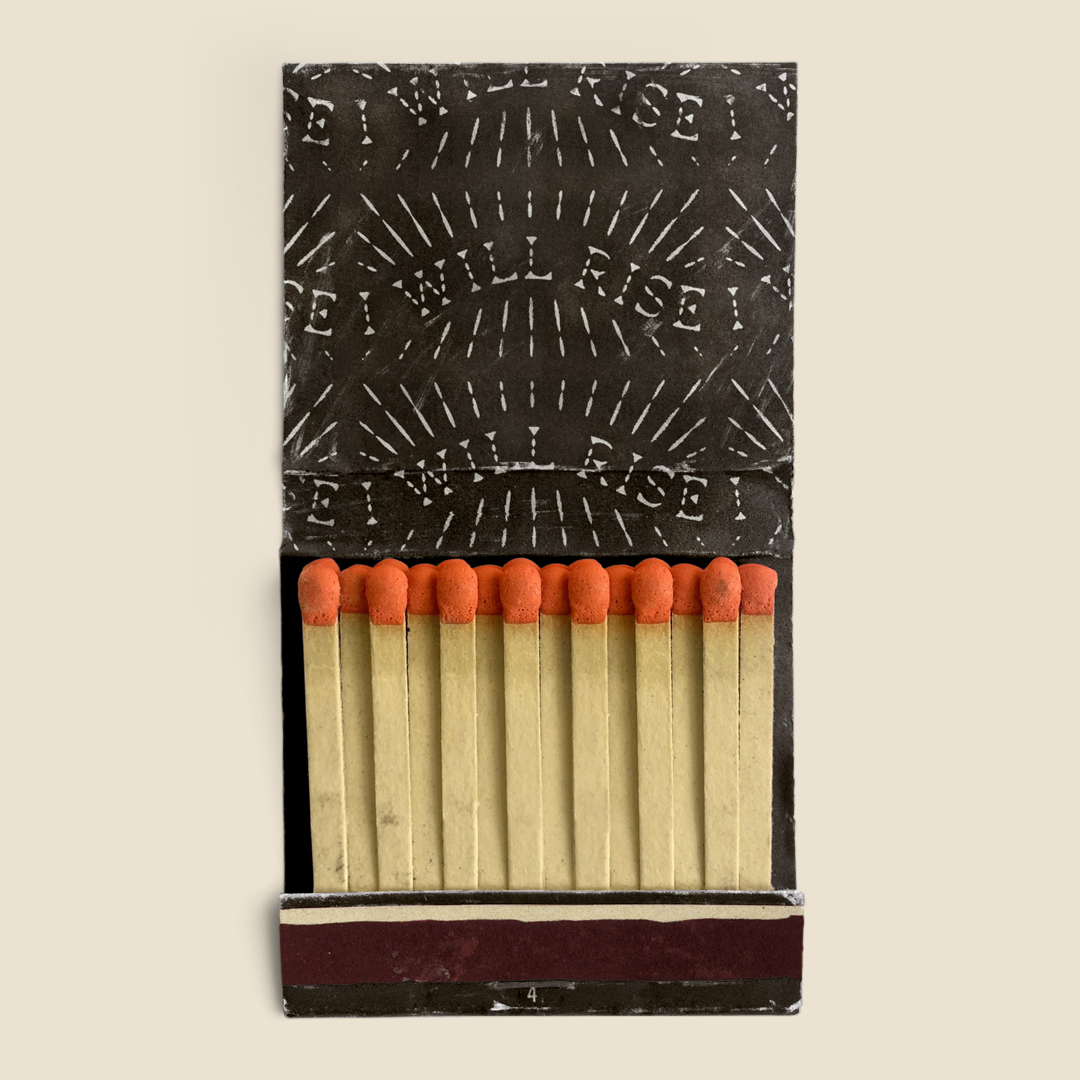
04. I Will Rise by Benjamin Tod
If you’ve never heard of Lost Dog Street Band or of Benjamin Tod, then you’re in for a treat. I think it’s easy for me to say that Lost Dog is hands down one of my favorite bands. “I Will Rise” is Benjamin Tod’s solo album which puts on display his incredible song writing skills. There’s a particular rawness to this album which your exposed to just seconds into the album when Benjamin messes up the first two takes of the first song. Between heartache, substance abuse, self doubt, and pure honesty, Benjamin leaves it all out there with this album.
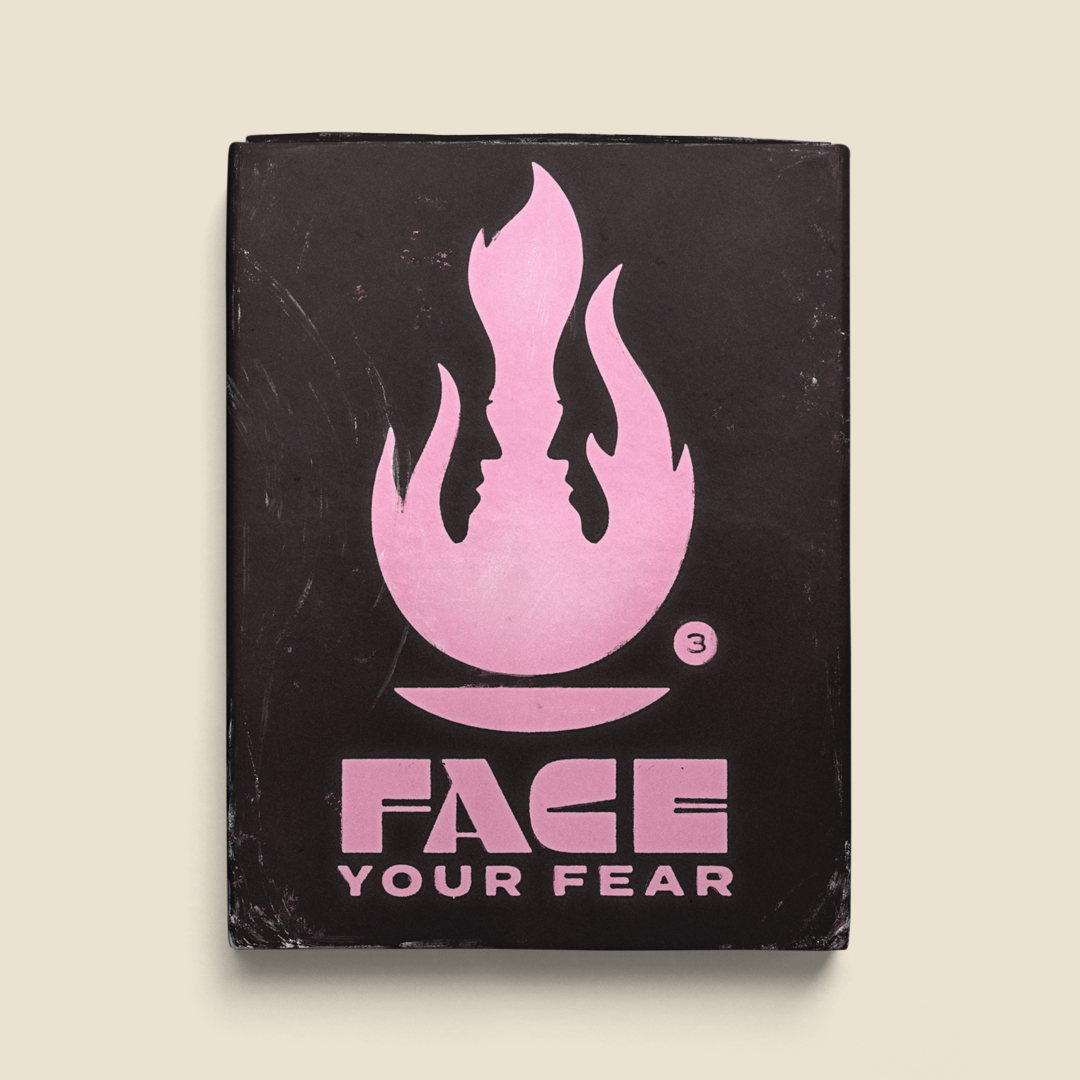
03. Face Your Fear by Curtis Harding
Within the first 9 days of its release, I had listened to this album 96 times. That means I spent nearly half of my day, every day, listening to this album. Then I also saw Curtis live that week! Needless to say, it’s a great album. It errs on the side of mysterious and dreamy, yet punk, groovy, and soulful all at the same time. The production and instrumentals of this album alone are extremely powerful and beautiful, but Curtis can also write a damn good hook. In an interview with GQ, Curtis says:
“If people can get the message within the music, then I’m doing okay. That’s the goal, to spread more positivity, positive vibes.”
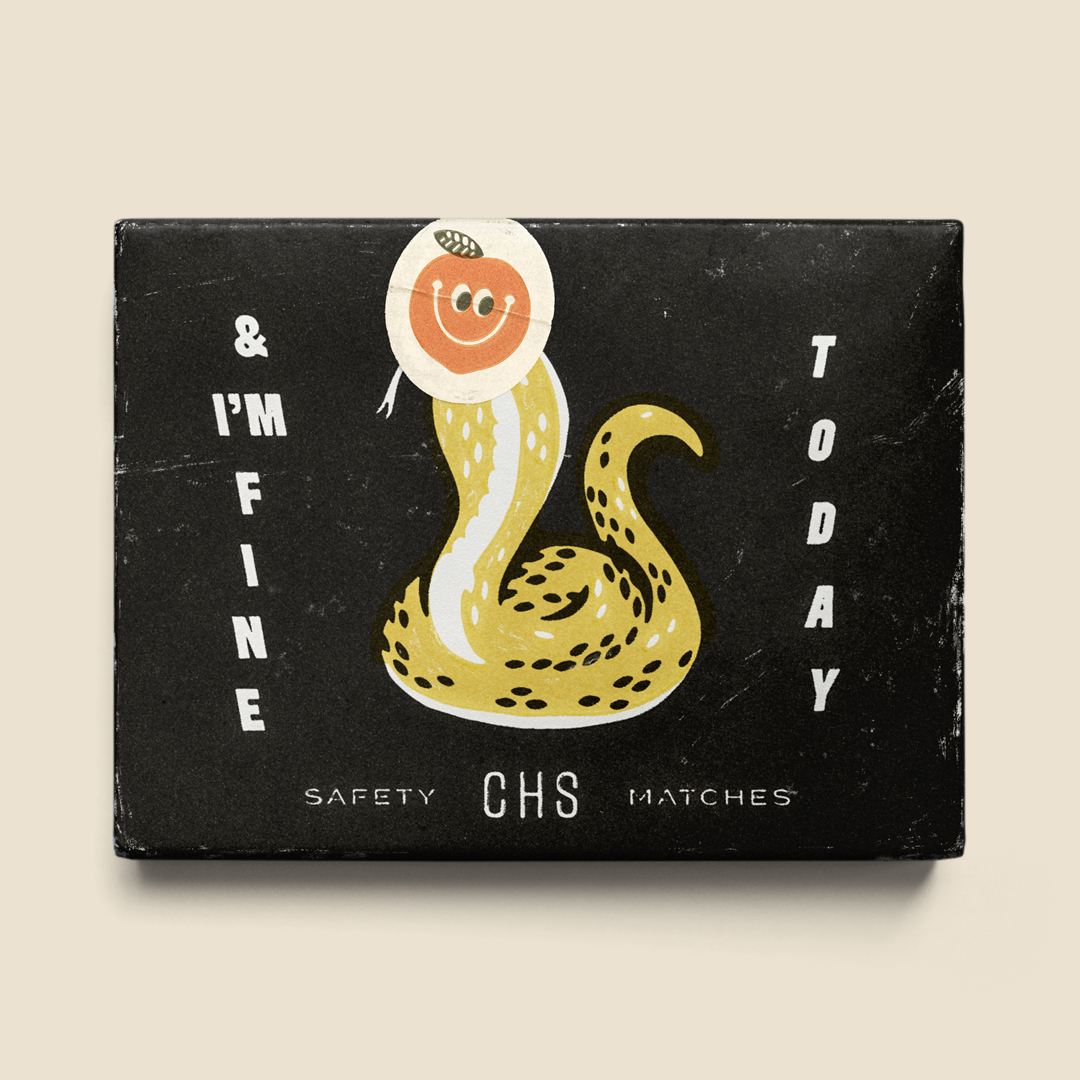
02. & I’m Fine Today by Susto
In 1951, Alan Watts wrote “If the universe is meaningless, so is the statement that it is so… The meaning and purpose of dancing is the dance.” I bring up this quote because Susto’s album seems to circle the periphery of this absurd thing we call life. The question then becomes, do we take to the floor to dance—to live? And that’s what I like so much about this album, how it manages to wrestle with while simultaneously celebrate this thing we call life. On that note, it seems appropriate to leave off on a quote from Albert Camus: “I draw from the absurd three consequences, which are my revolt, my freedom, and my passion.”
There’s a heaviness which comes at the beginning of this album that is easy to glance over. The first two verses read as:
You could be comatose in a parking lot
I could be sleeping on your floor
You might check yourself in to rehab in California
When I’m pulling into New Mexico
Thinking I can’t wait for this to end
Gonna lay my head down soft in the grass
I’ll make my way to that far off, far out feeling
Susto’s lead singer Justin Osborne expands on these verses saying: “At the time, I had a brother who had just gone to rehab and was going to be there for almost a year, another brother had moved to Mexico so there was a lot of distance and pain between us all. As this was unfolding, I had just set out on a 2 month solo tour that I booked myself. Far Out Feeling was written about my family, in a time when a lot of us were going through rough times. My dad has just gotten cancer, and the lyrics “I can’t wait for this to end” come from a conversation I had with him about chemo and him telling me that it made him wonder if it would be better just to die. It was heavy and I really felt for him.” [6]
It’s as though with every song brings you to a different place and you’re examining what it means to be here. To bring things full circle with the first paragraph, Justin says, “This album is about coming to terms with yourself and feeling okay with your place in the universe.” [7]

01. DAMN. by Kendrick Lamar
On December 8th, Kendrick Lamar officially released the reverse ordered version of DAMN. In this post, I want to draw some parallel’s between Kendrick’s album and Natasha Trethewey’s poem “Myth.” The drawing of these parallel’s isn’t necessarily to show similarities between the two pieces but to further elevate the artistry of this album and to simply share my observations.
While you can continue reading on even if you haven’t listened to Kendrick’s album, I’m including it below in case you’d like to listen through it first. And for those that have listened to DAMN. but haven’t heard it in reverse order, that too is included below. In either case, I don’t wish to exhaustively analyze DAMN. but rather shed light on some of its over arching themes and highlight the significance of how it can be played backwards.
It sounds strange to re-release an album in reverse order, but honestly it was not long after the album was originally released that fans began to catch on to the fact that perhaps the album was actually intended to allow for this. When the album is played backwards, “DUCKWORTH.” then becomes the first song of the album and the first two lines you hear are:
“It was always me vs the world Until I found it’s me vs me”
And before the bridge, Kid Capri comes in to say, “Just remember, what happens on Earth stays on Earth! We gon’ put it in reverse.” The “put it in reverse” line is our primary clue to the intentionality of this albums duality, as with the first two lines I just highlighted. In short, “DUCKWORTH.” gives the story of how Anthony “Top Dawg” Tiffith was planning on robbing a local KFC which happened to be where Kendrick’s father worked, but Kendrick’s father’s consistent generosity towards him kept Top Dawg from following through with his plans. The song ends with the sound of the albums reversing followed by the repetition of the first line of “BLOOD.”
Going back to the two lines I’ve highlighted above, it’s particularly interesting having the album start with these two lines when plays in reversed order because they begin to play with that very meaning. These lines, as they relate to the album as a whole, can be interpreted as how one might first hear the narrative of the album: Kendrick vs. the world. Then upon hearing it played in reverse, the narrative may then become Kendrick vs. himself.
Before going too much further, I’d now like to loop in Natasha Trethewey’s poem “Myth.” First I want you to read it, then I want you to watch Natasha read it aloud.
I was asleep while you were dying.
It’s as if you slipped through some rift, a hollow
I make between my slumber and my waking,
the Erebus I keep you in, still trying
not to let go. You’ll be dead again tomorrow,
but in dreams you live. So I try taking
you back into morning. Sleep-heavy, turning,
my eyes open, I find you do not follow.
Again and again, this constant forsaking.
*
Again and again, this constant forsaking:
my eyes open, I find you do not follow.
You back into morning, sleep-heavy, turning.
But in dreams you live. So I try taking,
not to let go. You’ll be dead again tomorrow.
The Erebus I keep you in—still, trying—
I make between my slumber and my waking.
It’s as if you slipped through some rift, a hollow.
I was asleep while you were dying.
Now listen to Natasha read through it (skip to 7:00):
Directly in the center of the poem lies an asterisk, and this asterisk serves as a point of reflection. As you pass through the asterisk, each line you had just read is again presented back to you only this time in the reverse order you had just read it. Now, go back and read the poem once more.
Both “Myth” and DAMN. contain themes of death, and their reverse approaches change or at least forward the narratives at hand. In DAMN., when the album is played forward we’re presented with a skit of Kendrick trying to help a blind woman but is in turn shot and killed, while the album ends with “DUCKWORTH” which I’ve previously described. One may interpret it as sin/punishment leading to enlightenment/blessing. While the reverse order expresses how taking blessing for granted gives way for sin and in turn punishment. It doesn’t necessarily change the narrative, it’s more so that they’re two sides of the same coin.
Similarly, ”Myth” opens with the line “I was asleep while you were dying” but as the poem closes with those same words, the meaning changes or we’re shown the other side of the coin. At the beginning of the video where Natasha reads her poem, she mentions that “Myth” relies a little bit on the myth of Orpheus and Eurydice.
Without being too exhaustive, the myth is vaguely as follows: The Greek god Apollo gave his song Orpheus a harp to which he learned to play to such perfection that nothing and no-one could resist his music. Orepheus fell in love with Eurydice whom he then married, however, Hymen (the god of marriage ceremonies) predicted that the two were not meant to last. Not long after Hymen’s prophecy, Eurydice was chased through a forest and upon escaping was bitten by a snake and died instantly. Distraught, Orpheus sang his songs of grief which deeply touched every god and human. Apollo encouraged Orpheus to descend to Hades and see his wife.
With his harp and songs, Orpheus made it all of the way to Hades and was able to arrange a deal. Hades agreed to let Orpheus get Eurydice back under the condition that she follows behind Orpheus and that he is not allowed to look back at her until leaving the caves of the underworld. As the two were leaving the caves, Orpheus couldn’t hear Eurydice’s footsteps behind him and was beginning to think that Hades was tricking him. Out of fear of losing Eurydice, he remained patient and didn’t look back. Just steps away from redemption, Orpheus loses his faith and turns back to see if Eurydice was there. To his dismay, Orpheus watches as Eurydice’s shadow is dragged back into the Underworld—gone forever.
In the first half of “Myth,” we’re given the story of Eurydice’s first death which happened beyond Orpheus’ control while the second half gives the story of Orpheus’ loss of faith which costs Eurydice and his second chance. Just as “Myth” reverses itself to continue telling a narrative, DAMN. does the same. Interestingly enough, the myth of Orpheus and Eurydice parallels nicely with Kendrick’s album.
When played forward, the theme of death is present but is followed by redemption through the act of acceptance and faith. The album then opens with the death of Eurydice and ends when Orpheus is already walking out of the Underworld just before he begins to question his faith. When played in reverse, it’s like we’re tuning back into a TV show which previously left off on a cliff hanger and so they’re catching you back up to speed by replaying a few of the last scenes from the previous episode. In the reverse order when we’re at the 3rd track, we’re at “FEAR.” which is Orpheus singing his song of grief before he descends down to Hades. This time when we reach the end of the album, we’re past where we left off previously and we’re nearing the conclusion, but Orpheus ultimately abandons his faith and costs the life of Eurydice.
As it relates more so to Kendrick and his narrative, playing forward the album brings us close to present day Kendrick. Through sin and hardship, he has followed the light of god to prevail from the Compton streets. While the reverse order highlights Kendrick’s fear of god, and how his questioning of faith may at times cost him more than he’s willing to admit or is capable of handling.
“So in conclusion, I feel it’s my calling to share the joy of God, but with exclamation, more so, the FEAR OF GOD. The balance. Knowing the power in what he can build, and also what he can destroy. At any given moment.” —Kendrick Lamar [8]
Honorable Mention
These are some more albums that didn’t make the final top 10 list, but I think are still worth mentioning:
- The World We Built by The Wild Reeds
- American Teen by Khalid
- Ctrl by SZA
- Melodrama by Lorde
- Everybody by Logic
- TM by Theo Martins and Thelonius Martin
- Deer Tick Vol. 1 & 2 by Deer Tick
- Jetlag by Emma Jayne
- All American Made by Margo Price
- Wonderful Wonderful by The Killers
- Witness by Benjamin Booker
- Camden by Mir Fontane
- The Iceberg by Oddisee
- 1992 by Princess Nokia
Footnotes
- Father John Misty and Zane Lowe on Beats 1
- Father John Misty: ‘I get sick pleasure out of reading about how much people hate me’
- Here Is Father John Misty’s Incredibly Long, Incredibly Awesome Explanation of What His New Album Is About
- Mattiel Brown (mattiel.com)
- WATCH: Atlanta’s Mattiel Releases Video for “Whites Of Their Eyes”
- Far Out Feeling on Genius.com
- Susto’s Bio
- Kendrick Lamar Responded to Our Article About His Fear of God